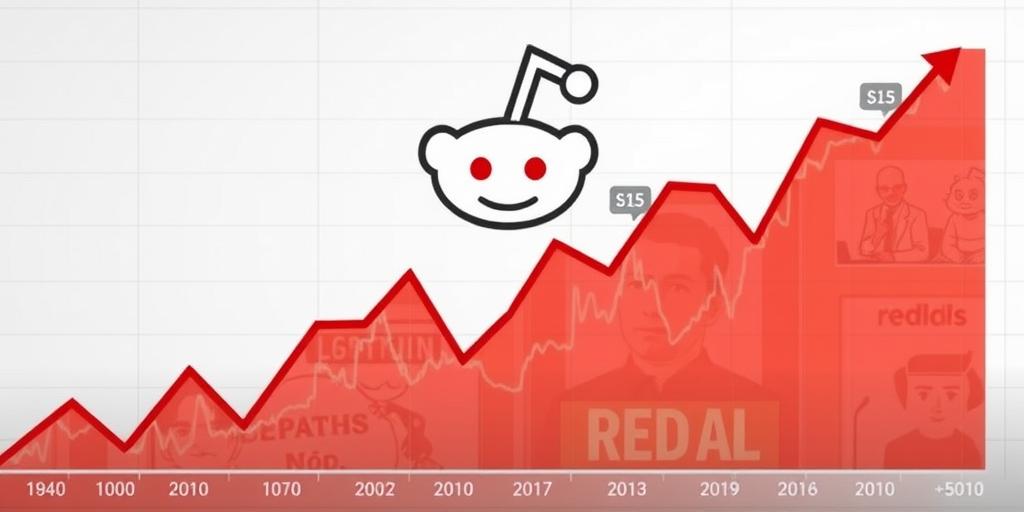Meme Stocks and the Gamification of Investing: A Behavioral Deep Dive into Reddit Rallies
The rise of meme stocks has been one of the more intriguing financial phenomena of recent years. Fueled by social media platforms like Reddit, these stocks have seen dramatic, often inexplicable surges in value, driven not by traditional financial analysis but by collective sentiment and the gamification of investing. This post delves into the behavioral underpinnings of this trend, exploring why meme stocks have captured the imagination of a new generation of investors.
What are Meme Stocks?
Meme stocks are stocks that have gained popularity through social media, often characterized by rapid price increases driven by coordinated retail investor activity. These stocks often have little connection to the underlying company's financial health. GameStop (GME) and AMC Entertainment (AMC) are prime examples, experiencing unprecedented volatility due to attention from platforms like Reddit's r/wallstreetbets.
The Role of Social Media
Social media platforms have democratized access to financial information and trading. This democratization has, however, also facilitated the rapid spread of investment narratives that may or may not be based on sound financial principles. The sense of community fostered on platforms like Reddit encourages collective action, as investors coordinate to drive up the price of targeted stocks.
Behavioral Factors at Play
Several behavioral biases contribute to the meme stock phenomenon:
- Herd Behavior: The tendency to follow the actions of a larger group, even if those actions defy individual logic. The fear of missing out (FOMO) drives many to jump on the bandwagon.
- Loss Aversion: The pain of losing money is psychologically more powerful than the pleasure of gaining the same amount. Meme stock investors often hold onto losing positions, hoping for a turnaround.
- Confirmation Bias: Seeking out information that confirms existing beliefs, reinforcing the narrative that a stock will continue to rise, regardless of contrary evidence.
- Gambler's Fallacy: The belief that past events influence future outcomes, leading investors to believe a stock will rebound after a dip, despite no fundamental reason for this to occur.
The Gamification of Investing
Apps like Robinhood have made investing more accessible and engaging, but also more like a game. Features like commission-free trading, push notifications, and a user-friendly interface encourage frequent trading, often without a full understanding of the risks involved. The allure of quick profits and the thrill of participating in a collective effort can overshadow sound investment strategies.
The Risks and Rewards
While some investors have made significant profits from meme stocks, the risks are substantial. The volatility of these stocks means that prices can plummet as quickly as they rise, leading to significant losses. Additionally, the lack of fundamental analysis means that investors are often operating on speculation rather than informed decision-making.
Regulatory Scrutiny
The meme stock frenzy has drawn the attention of regulators, who are concerned about market manipulation and the potential for unsophisticated investors to be harmed. Increased oversight and stricter regulations may be necessary to protect investors and maintain market integrity.
Conclusion
The meme stock phenomenon highlights the powerful influence of social media and behavioral biases on financial markets. While the gamification of investing has opened up new opportunities for retail investors, it also presents significant risks. Understanding the underlying behavioral factors is crucial for navigating this new landscape and making informed investment decisions. As regulators and market participants adapt, the future of meme stocks remains uncertain, but their impact on the financial world is undeniable.









